
“Courage isn’t the absence of fear; it’s the dealing with it.”
From Gail Sheehy’s Eight Labyrinths and the book Passages in Caregiving:
. . . . . . . .
V. “I Can’t Do This Anymore!”
You were convinced you could do it differently. You’d be fine. But one day, a year or two or three later, you break into tears, totally fatigued. Same thing the next day. You’ve given up so much. You’re cracking. You absolutely must come up for air or you’ll go down in despair.
What to do:
Call for help! There are resources in the community that you are probably not aware of. With imagination, you can pull together a care team. You need to take breaks. Everyone needs a vacation at least once a year. But most important, you must start taking care of yourself on a daily basis. Carve out at least one hour every day to do something that will give you pleasure and refreshment. Take a walk. Have coffee with a friend. Go to the library and read a book. Work in the garage. Listen to music. Chop wood. Walk a labyrinth. And know this: Your loved one also needs some time with other people who offer stimulation of a different kind.
. . . . . . .
This is all good advice, but as many of you know it’s not always so simple. It can often depend on your own abilities and situation, but the sentiment, the urging to make sure you are taking care of yourself is spot on.
I couldn’t bring myself to leave Dave even for a walk unless he was in the infusion center with the nurses. Often even then I wouldn’t venture out often because I got so much from hanging out with other patients and caregivers. But I did use that time to get some fresh air from time to time, run errands to buy food or yarn. With Myeloma, sometimes it is a lengthy process and you have remissions going on where you don’t have to be quite so attentive and then relapses that pull you back with a loud SNAP! But sometimes, it is just too intense. That’s what I mean by your situation. If you have someone who in a is long term healthcare situation then yes, you do need to get help. But if you don’t it’s really hard. I did get help in other areas of need and people were very willing and often offered. Picking up my children, bringing a meal for all of us, mowing my lawn. I learned to accept their offers of help and fully appreciated them. I also learned how to take simple pleasures in life and really, really absorb them and appreciate them fully. Watching the squirrels, putting out a bird feeder. Anything that allowed me to just take a quick moment and enjoy it.
There is no doubt that if your situation allows, and you need to really LOOK at it to see if it does, I assure there are things you can truly let go, get help and support from those who offer. When someone asks, “What can I do to help?” Think of something. Don’t just blow it off. Even if it’s just picking you up some groceries the next time they are out. If they are far away, a phone call so you can just chat would be nice too. Really try to accept the effort they are extending. Try not to focus on family members that you think should be helping and who are not. It’s too upsetting. They have their own battles and you really don’t need someone who doesn’t have their heart in it or resentful.
Your life will get smaller. But you are giving the ultimate gift to someone you love. It can be incredibly rewarding, though one that can have despair. Work to get your mind around all that and in a good place and it will go smoother for you both.
When I look back on my caregiving roles I am honored and proud of what I was able to get through and give them. Just this week I received an email from a very dear friend I have known for 30 years, whose sister is dying and her niece is the caregiver. She said that her sister is critical of the niece and it’s very unpleasant. I encouraged her to provide her niece with the support. She ended her email saying:
“From what I know — YOU DID A GREAT JOB OF CARING FOR YOUR MOM and YOU DID /DO A GREAT JOB OF CARING FOR DAVID as you did … You made everything as positive and calming for them….”
I am of course touched by this acknowlegement. She was up close and personal with my mother’s illness and kept in touch with me frequently through Dave’s. But I also know and often share a story about her and what she did for her mother that blew me away. I will share this with you now.
Her mother was dying of cancer and left the hospital for home, waiting to get into a hospice care center. It all happened rather quickly. She lived far from her. She quickly got on a plane to fly in to help out her father during this in between transition. She told me her father was in complete denial and sitting in his recliner numb. She observed that her mother was truly in horrible shape and she thought, “Hospice? Geeze, can we not just end her poor suffering.” So being a female, she understood how we ladies can’t leave for vacation without some pile of stuff being handled, even though that pile of stuff may have sat there for months! We laughed and laughed as she was sharing this with me. So she took this simplest idea and went to her mother and said with great compassion, “Mom, what has to happen to make it OK for you to go? What do you need done? What are you worried about that I can help out with?” It was the exact right question. Her mother rattled off little chores that she had her attention on. She wanted the one daughter to get the silver and her to get the china, etc., and gave her a list of those nagging things she wanted sorted out. My friend set about completing all the things on the list. She reported back to her mother when they were all done and then asked, “Is there anything else at all you have your attention on that I can help you with?” The mother said no, thanked her so much and she passed away peacefully that night and never had to be transferred into the center. Something so simple and insignificant and yet so important and powerful. I have never forgotten that story and share it often. Granted she wasn’t her primary caregiver and she would be the first to tell me that was a difference in our situation. She’s right. But, she was caring, attentive and very practical in her approach. She wrapped up loose ends that were on her mother’s mind without judgement or dismissiveness. Remember that it isn’t BIG things they need and want, necessarily. It is often the most innate small things that can bring them peace and pleasure.









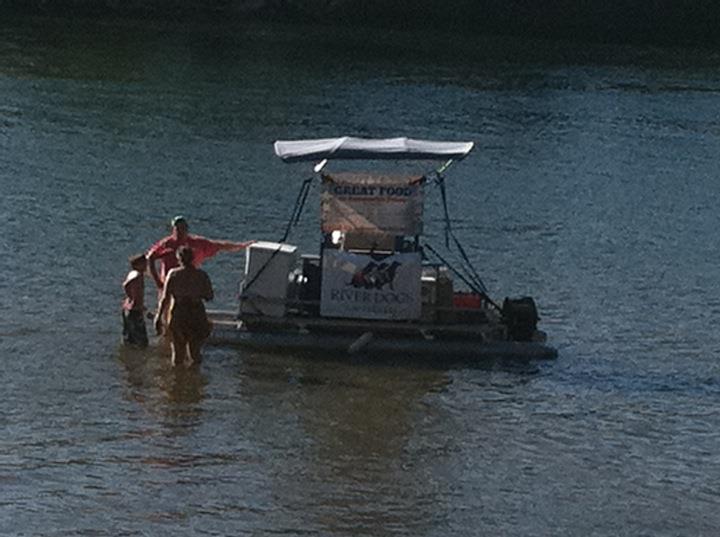
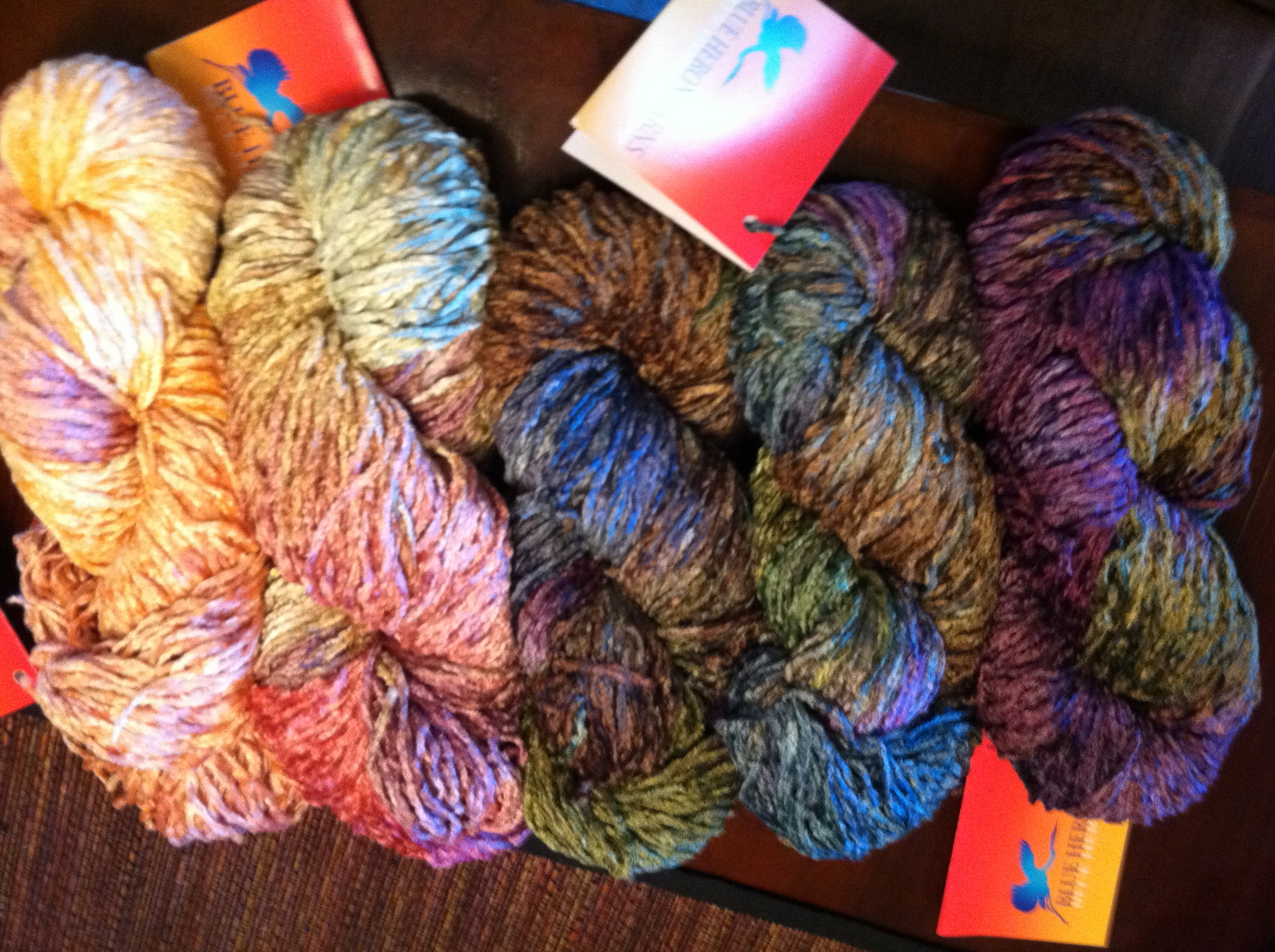

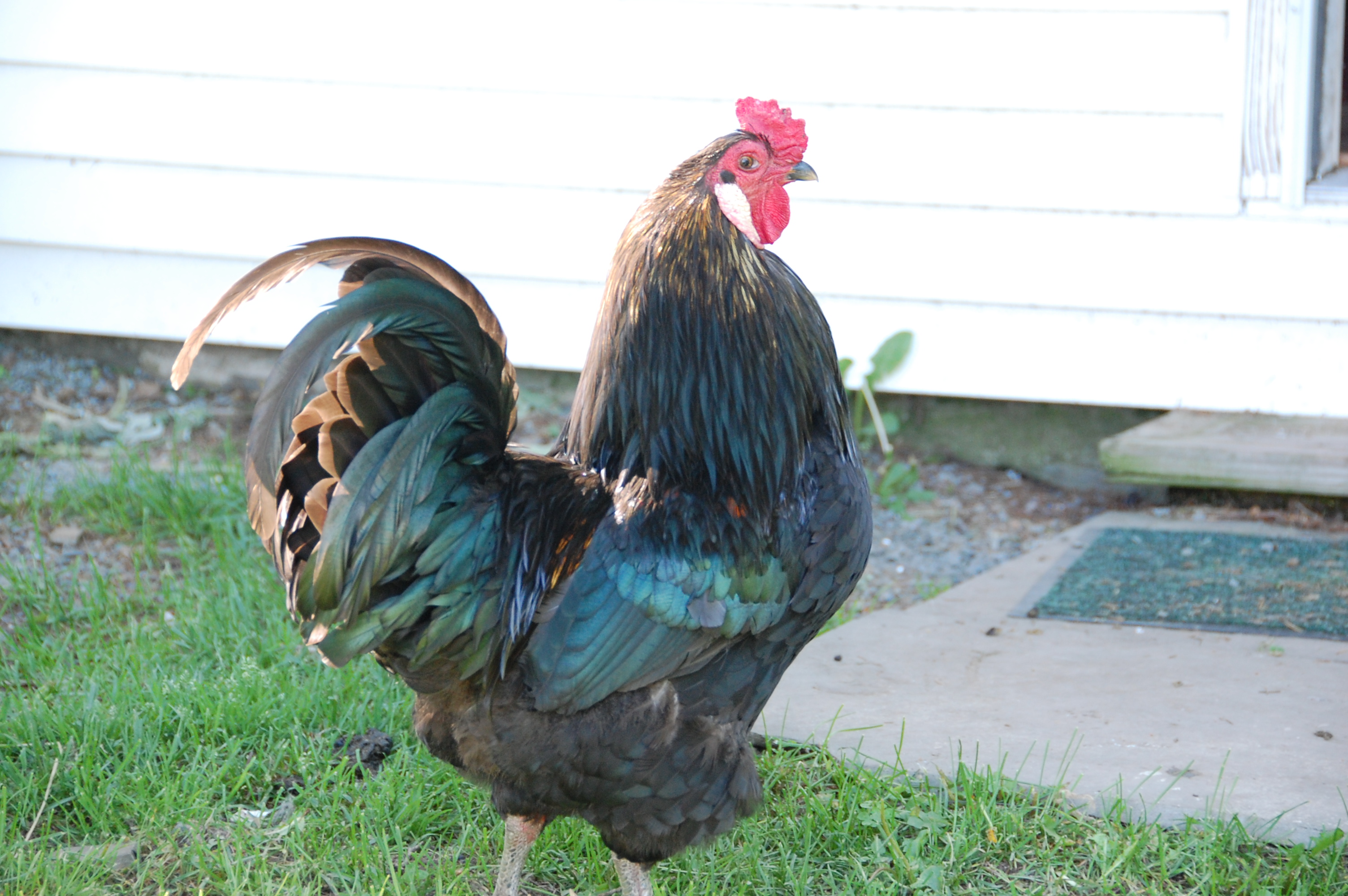

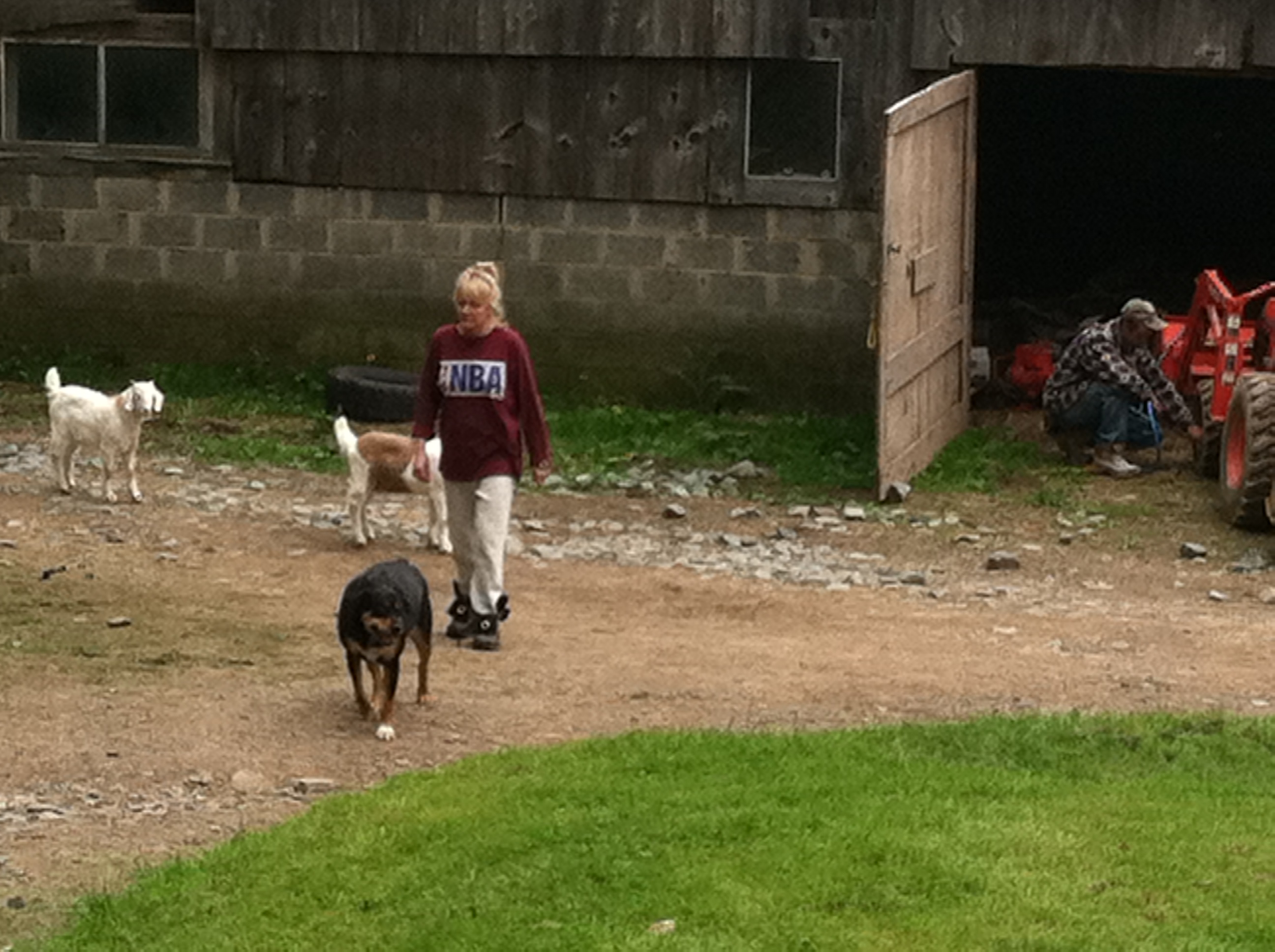



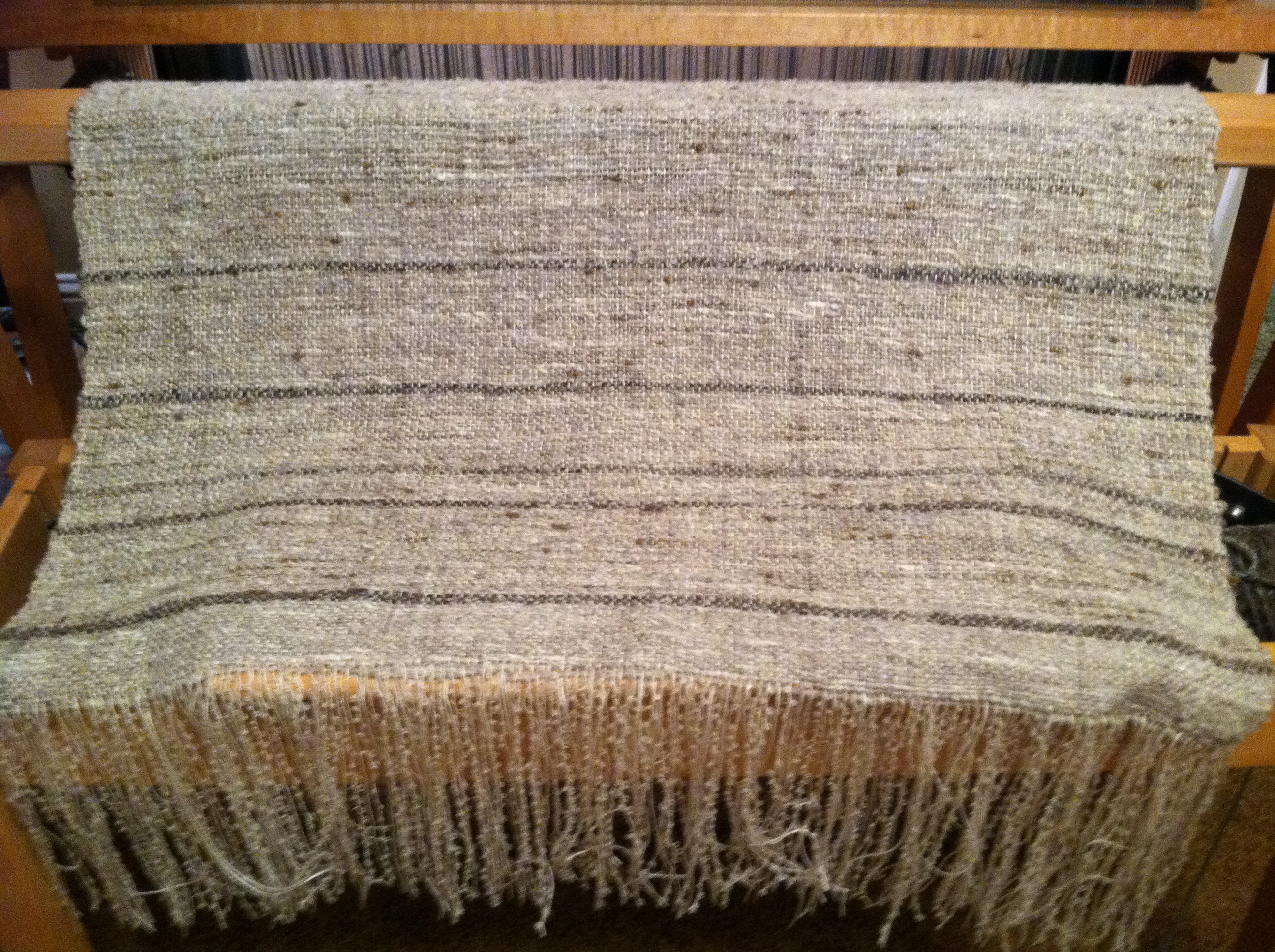


One of the points in posting this series is so that it provokes thoughtfulness on your part and allow you to anticipate what you might be facing in a way that you can be proactive and not have these meltdowns. Making decisions and changes in a caregiver meltdown is really hard. Its much easier to put things in place before you are in crisis. It’s not just good for you, but your loved one. They struggle to see you struggle, so hopefully this will help you to avoid this as much as possible.
I brought Hospice in for my mother long before I needed too. I wanted her to have a relationship with her caretakers and nurses, to not wait until the end when they wouldn’t be in a position to appreciate all her wonderfulness. It also gave me confidence, and her as well, that we had the right people in place to care for her. They always took time to consult with me and inquire how I was doing and educate me on what I might notice or expect to be coming next. Each time they kept me ahead enough of the learning curve to be prepared.